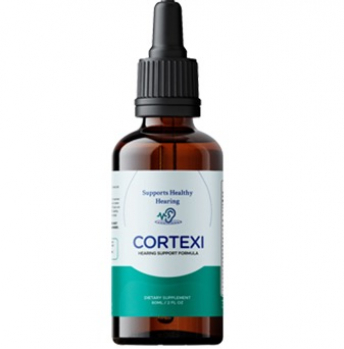In approximately 10% of cases the condition interferes so much with daily life that professional assistance is required. To prevent your tinnitus becoming worse, you can take steps to protect and preserve your hearing. Other ways to reduce tinnitus are cognitive behavioral therapy (CBT), relaxation exercises meditation and visualization. Exactly what the individual experiencing tinnitus hears differs from person to person. Due to the variability in bioavailability, some drugs may have different effects. Your provider will check your ears with a handheld device called "a tympanometer" that displays your results as a tympanogram. Sometimes the unwanted sound disappears after you stop using these drug. Allergies and congestion can cause problems in the eustachian Tube. Soldiers are screened for troublesome tinnitus during these annual hearing surveillance checks. Although the authors of these studies frequently report tinnitus resolution in as many as 80% of their patients, the effects are often transient or continued stimulation is impractical. Tinnitus may also sound like buzzing, buzzing and hissing. These spasms could be idiopathic, caused by tumors, head trauma and infectious or demyelinating disease. If you suspect that your symptoms may be caused by a medical condition such as acoustic neuritis, we will help you to identify and treat it. Certain medications - Some medicines are toxic to the ears and can produce tinnitus as a side effect.

